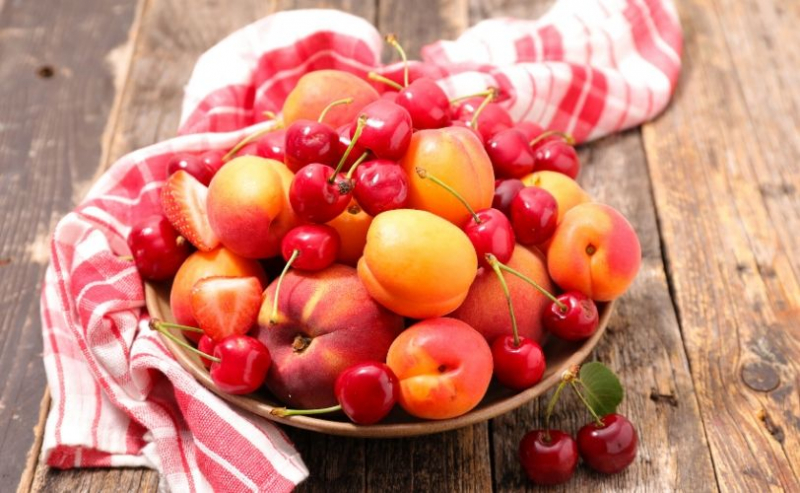PCOS - gaining control of your hormones
Very often, medical advice for polycystic ovary syndrome (PCOS) can be a bit vague - "eat a healthy diet", "lose some weight" or "do some exercise". That being said, what you eat can be very effective diet therapy for PCOS.

Insulin is a hormone which helps the body use energy from food. But, many women with PCOS do not respond as normal to insulin (insulin resistance) and, therefore, have more insulin in their blood. This higher blood insulin has an effect on the other hormones in the body causing many of the PCOS symptoms such as acne, excess hair and irregular periods.
Changes in your diet and weight loss can result in remarkable improvements in hormone levels. As hormone levels normalise, the symptoms of PCOS diminish.
Why does eating 'Low Glycaemic Index' foods help PCOS?
High GI foods are generally carbohydrates that are quickly digested and absorbed by the body causing rapid rises in blood sugar levels and insulin. By swapping these for low GI carbs (slowly digested) combined with protein, vegetables and healthy fats, you can minimise rises in blood sugar levels. This will help to keep insulin levels lower.
Eating in this way also has the advantages of keeping appetite and cravings at bay, helping with weight loss, improving the body's response to insulin.
What foods should I eat for PCOS?
- Small portions of low GI carbohydrates: All-Bran, chunky oats (Flahavan's, Jordan's Chunky Traditional Porridge), soya and linseed bread (Burgen, Vogel), oatcakes, beans, lentils, brown rice, al dente pasta and quinoa.
- Protein foods: Milk, natural yoghurt, cottage cheese, chicken, lean beef, eggs, and fish.
- Vegetables and fruit: Any vegetables, cherries, plums, peaches, apples, pears, and berries.
- Healthy fats: Such as avocado, nuts, seeds, coconut oil, olive oil, vegetable oil, and oily fish (salmon, sardines, mackerel).

Combining low GI carbs with some protein, lots of vegetables and some healthy fats at each meal results in better insulin and appetite control. Protein and healthy fats lower the overall GI of the meal as they slow down the digestion of the carbs.
The trick is incorporating these foods into your lifestyle - making the right choices at the supermarket, at your favourite restaurant or in the coffee shop. There are many meal and snack options, all of which will make you feel full up and satisfied.
The right calorie intake with the optimum combination of foods will give you control over your blood sugar levels and insulin. A bonus result of eating this way is reduced cravings for foods high in sugars and carbs, weight-loss and increased fertility.
Managing PCOS when you have IBS
Problems can arise if there are other issues which impact our diet. For instance, many people with PCOS also have irritable bowel syndrome (IBS) - which can make management even more complex. Often, the foods advised for PCOS can aggravate IBS.
For people with PCOS and IBS (bloating, constipation/diarrhoea, abdominal pain etc.), this makes the dietary management of PCOS more challenging and complex, as many low GI foods can make IBS symptoms worse. A combination of low GI with the low FODMAP diet may be necessary.
With the help of an experienced dietitian or nutritionist, a tailored nutrition plan can make this manageable and very effective.
For more information or to find a nutritionist who can help, visit the PCOS page.

Find a nutritionist dealing with Polycystic ovary syndrome (PCOS)
All nutrition professionals are verified



